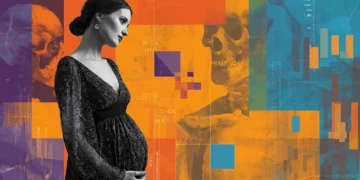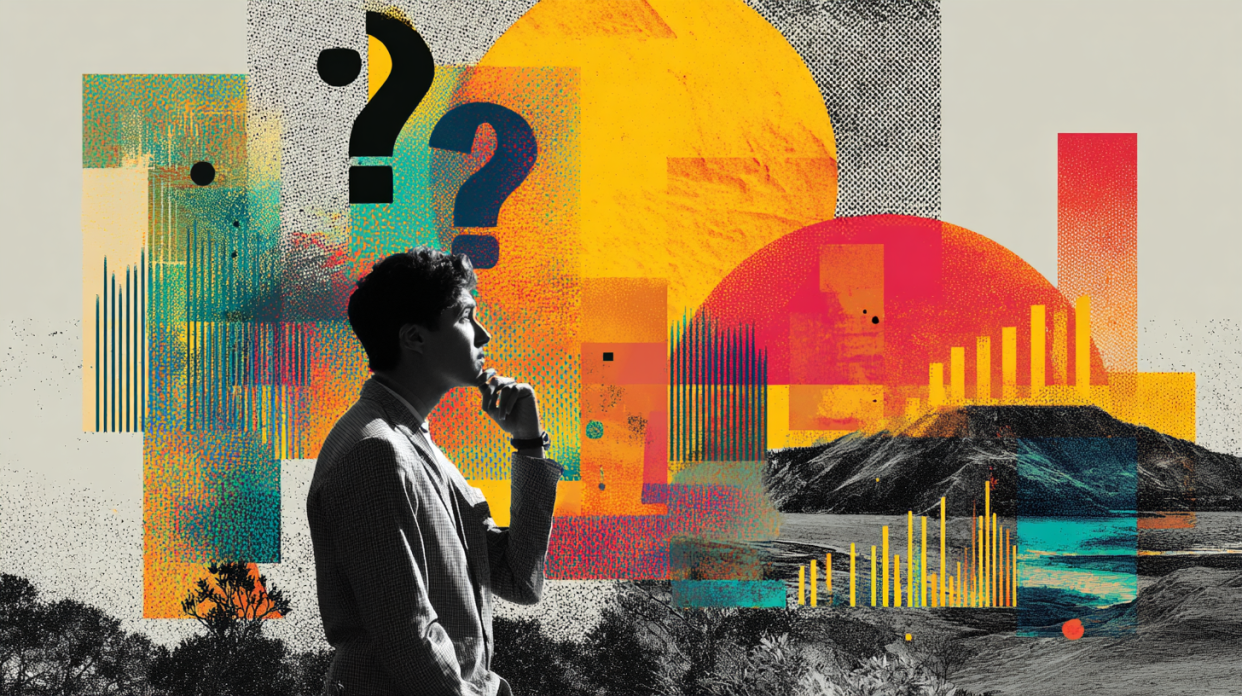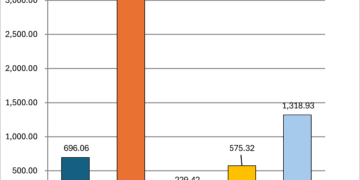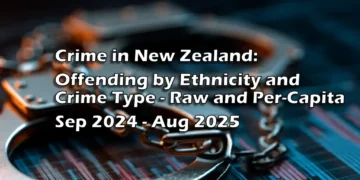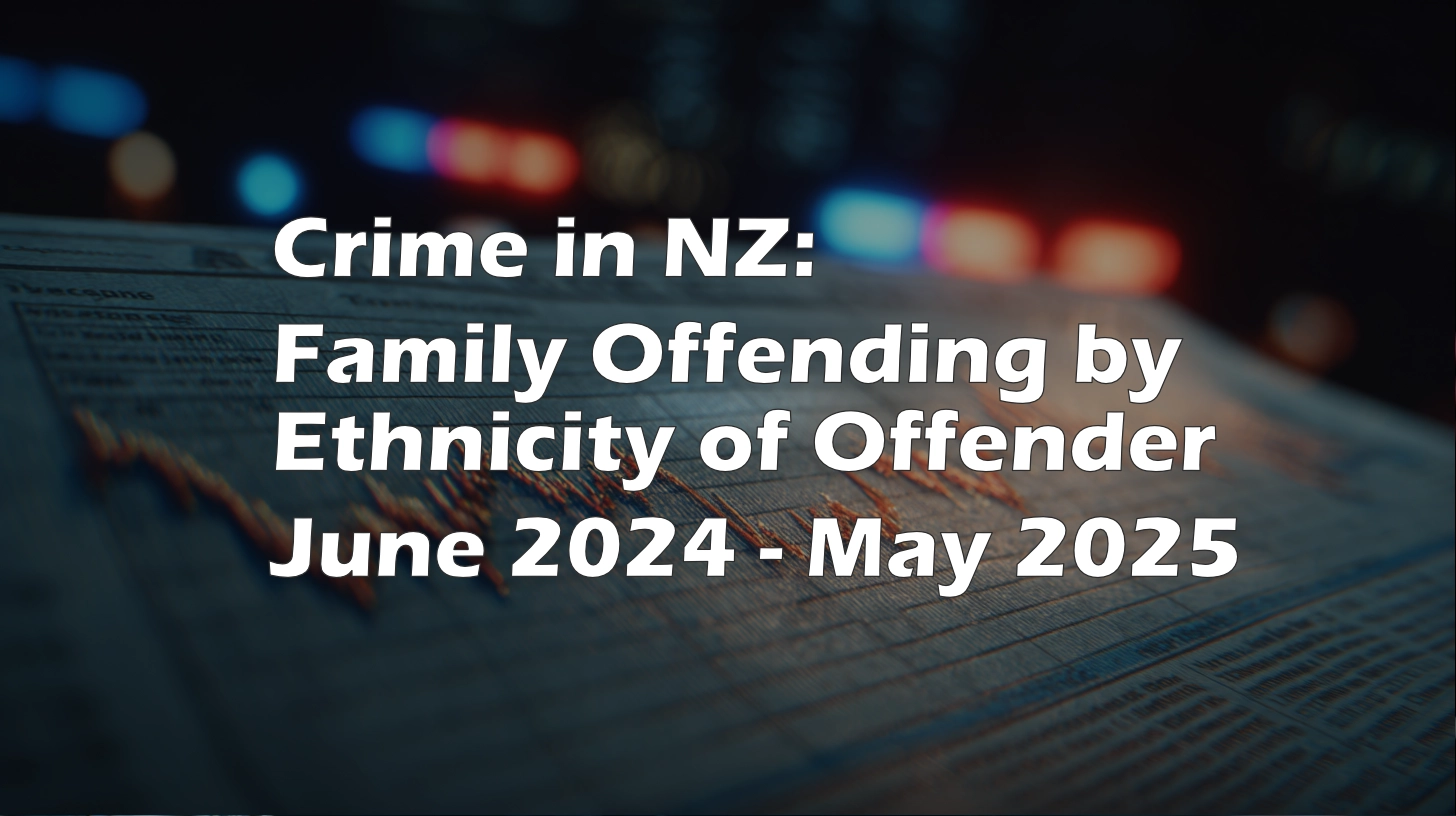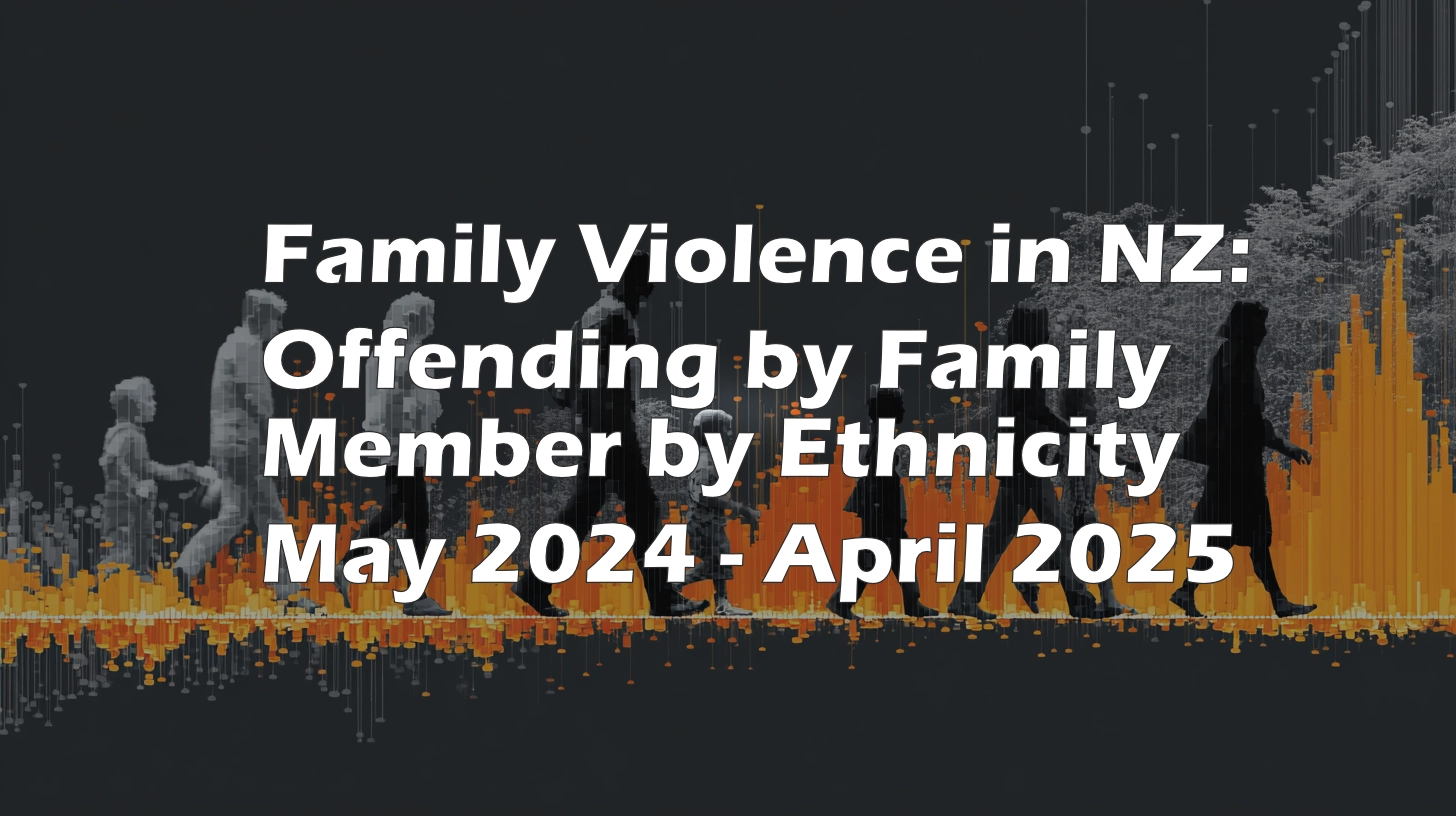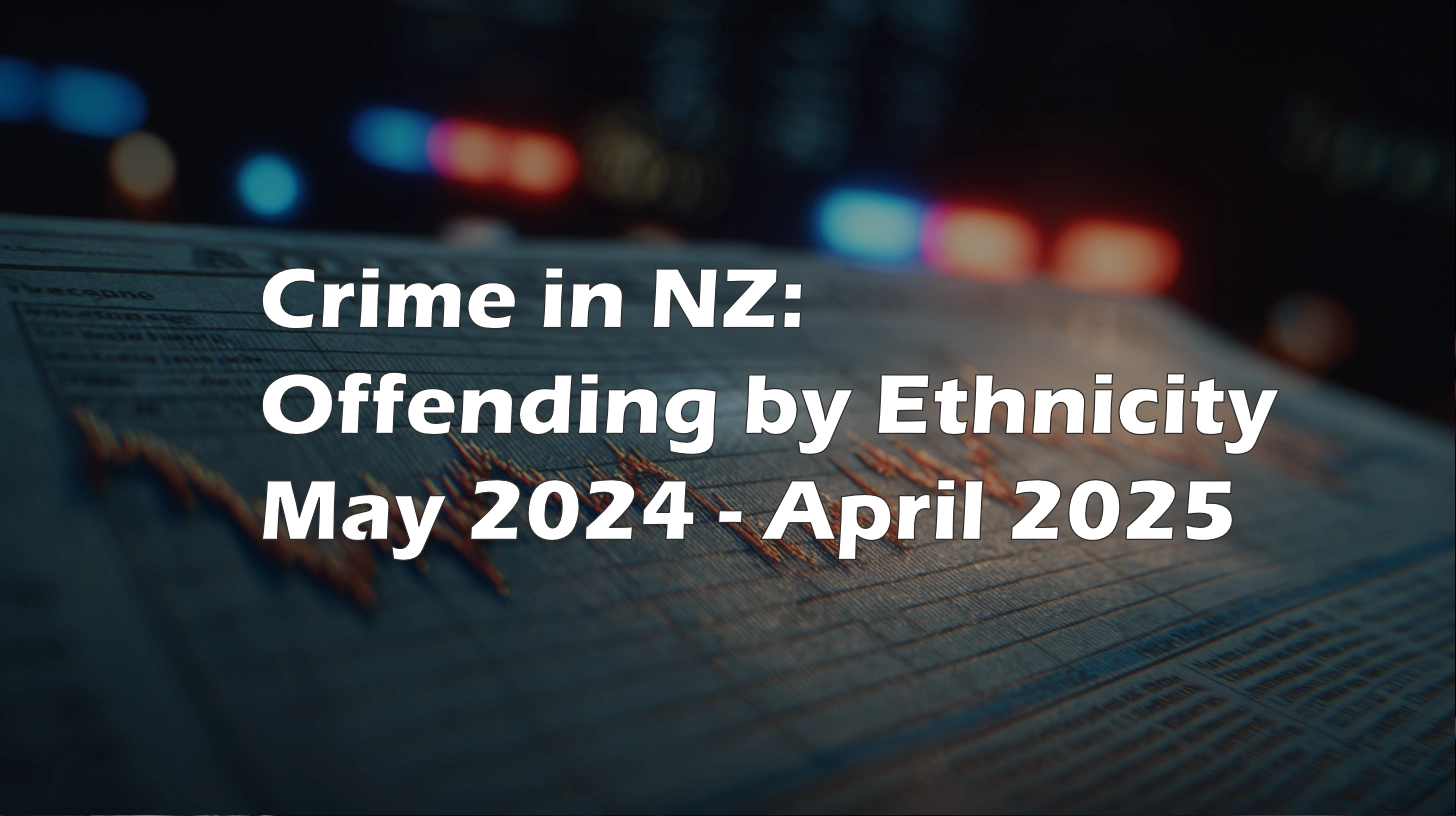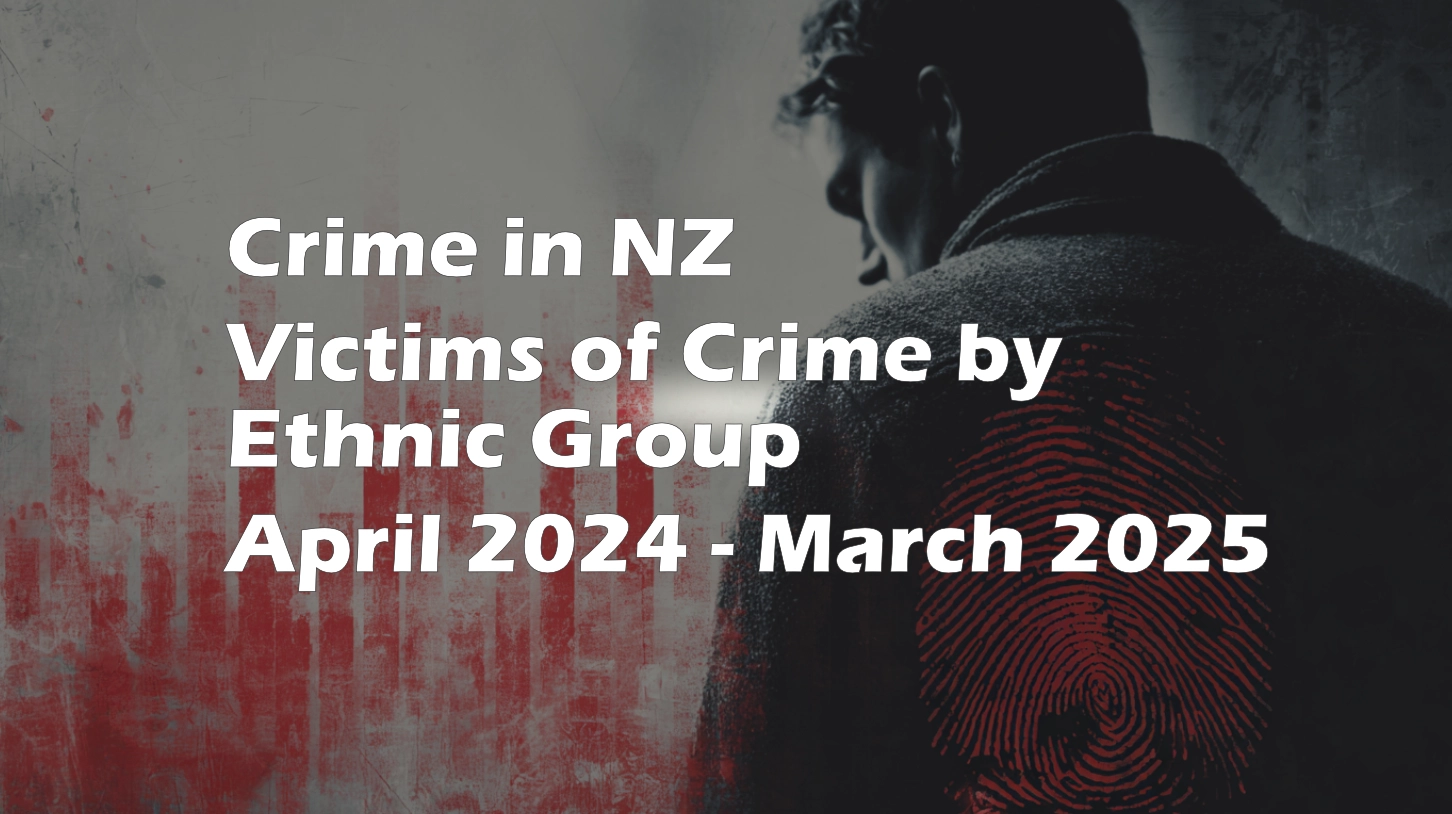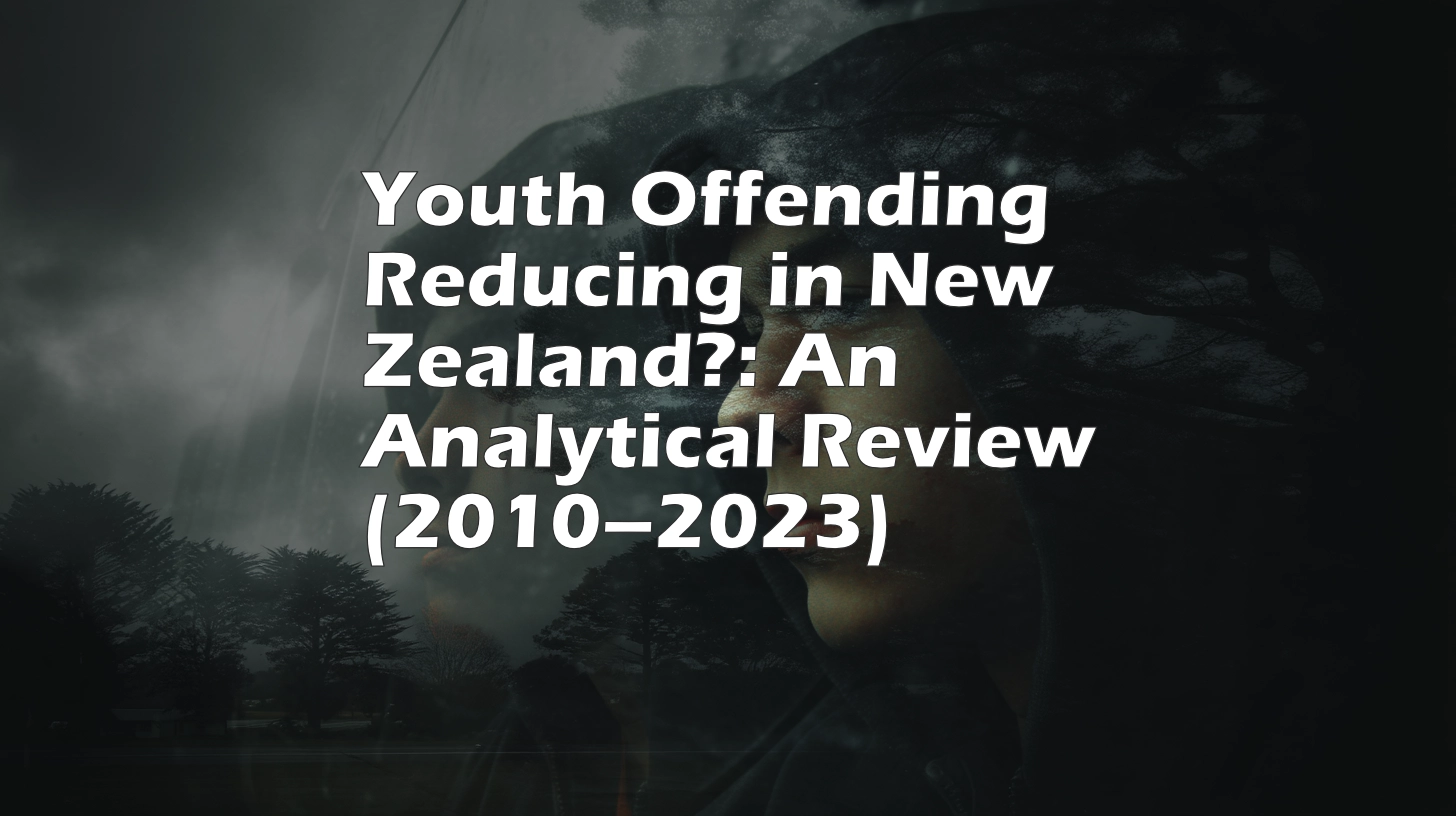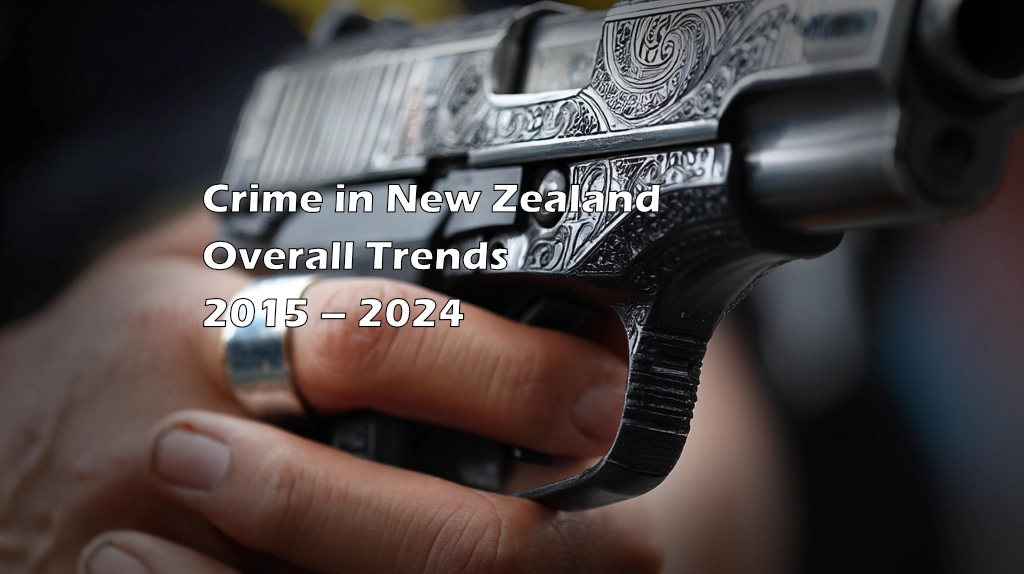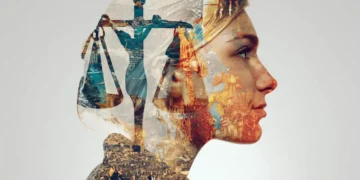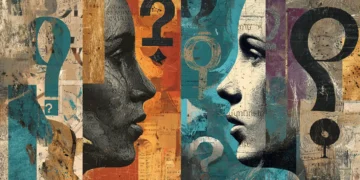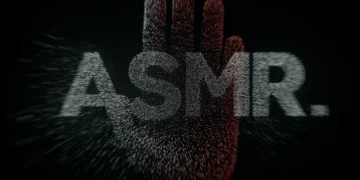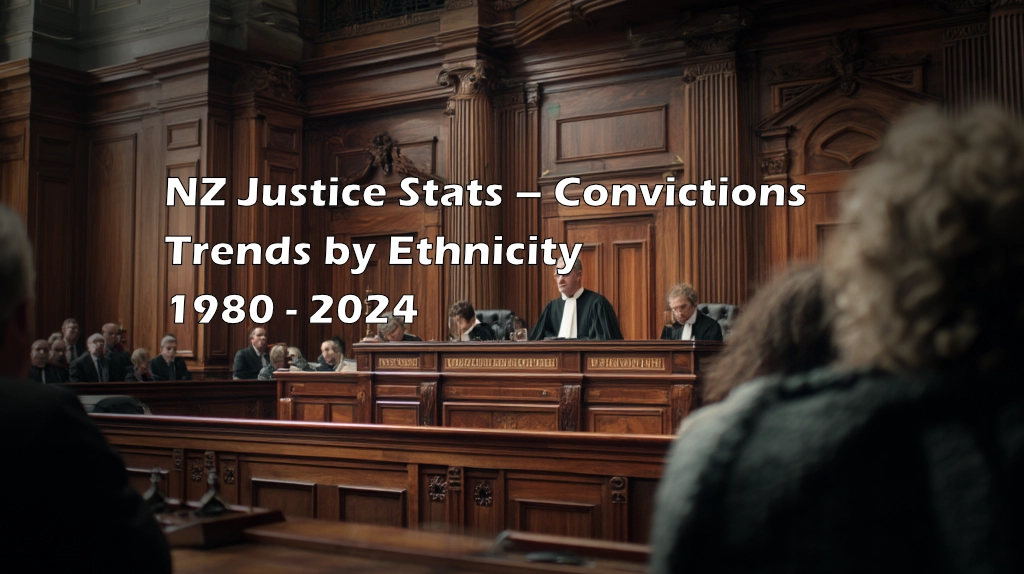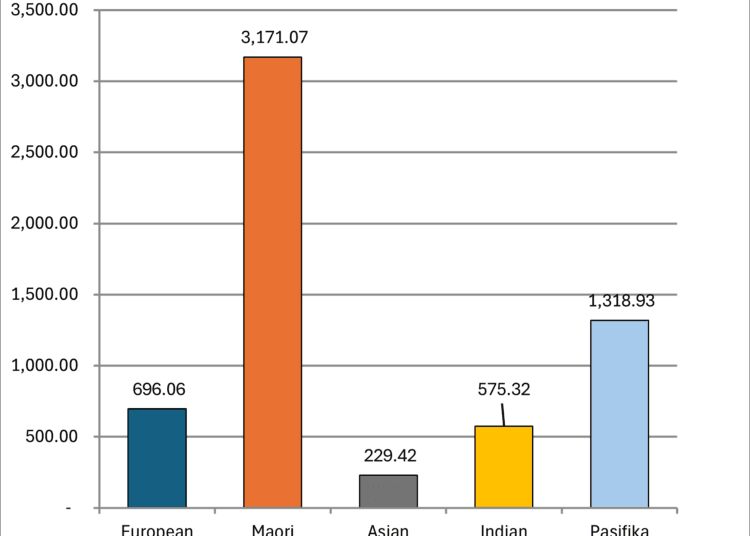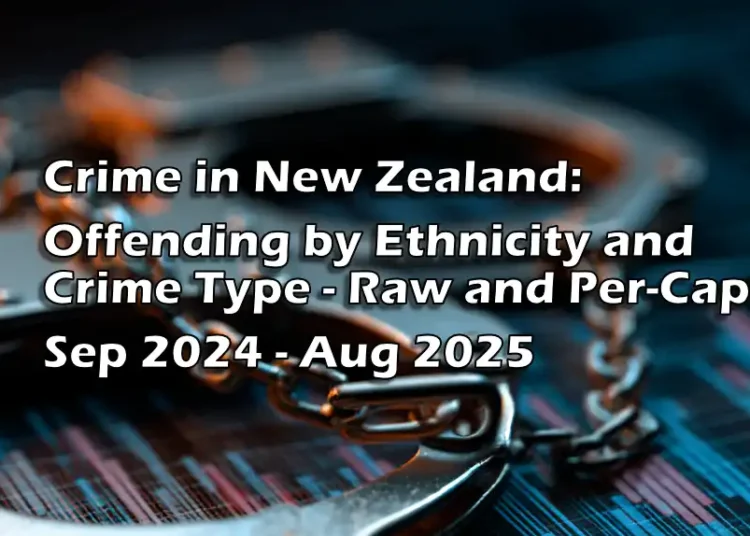Māori Now Dominate Convictions as Ethnic Disparities Widen: Four Decades of Change in New Zealand’s Courts
Latest data tracking criminal convictions in New Zealand from 1980 through 2024 reveals a profound and ongoing transformation in the ethnic makeup of those appearing before the courts. The findings shed light on both the success of data improvement efforts and the grim persistence—and worsening—of ethnic disparities, particularly for Māori.
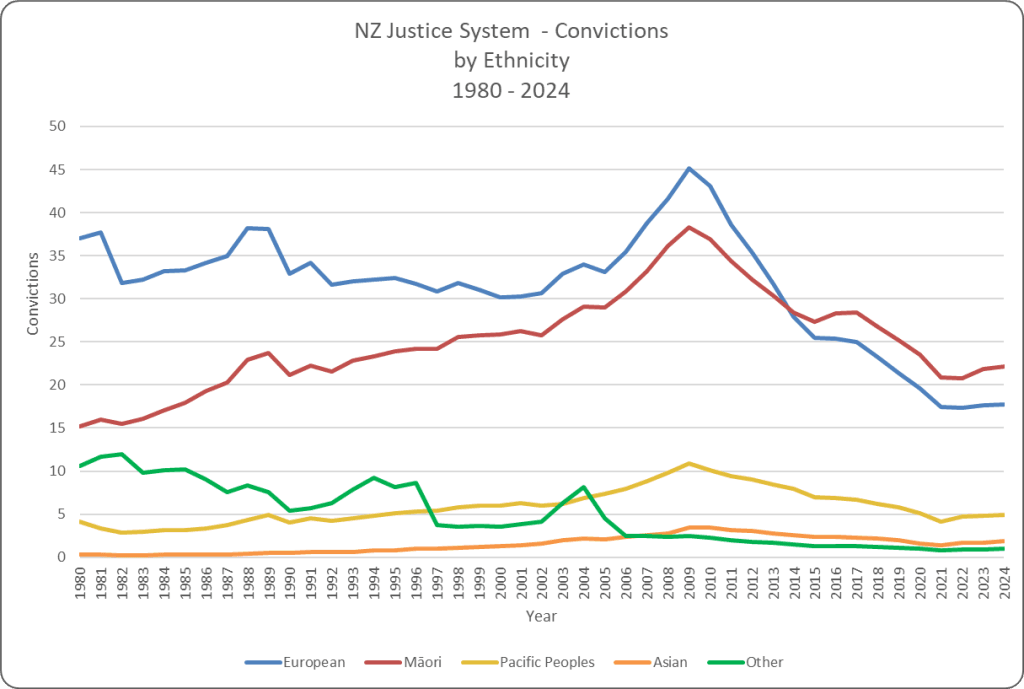
A Growing Imbalance
In 1980, Europeans made up the largest known share of people convicted each year in New Zealand courts. Nearly 3 out of every 10 convicted were European, while Māori comprised a much smaller proportion—only around 12%. Pacific peoples, Asians, and others represented tiny minorities.
Fast forward to 2024, and the landscape is unrecognisable. Nearly half of all people convicted of crimes in New Zealand now identify as Māori. The data tells the story: Māori, at 44% of those convicted, now outnumber Europeans, whose share has steadily eroded to 35%. That’s a dramatic reversal of the proportions seen in the late 20th century.
Pacific peoples, while still a smaller proportion, have steadily increased their share of convictions over these decades, now accounting for roughly 10% of the total. The rise for Asian New Zealanders is more muted, standing at 4% today.
Behind the Headline Numbers
European New Zealanders: From Majority to Minority
European representation among convicted people rose through the 1990s and peaked in the early 2010s at nearly 45%, reflecting the country’s historical demographic dominance. However, since then, their share has declined sharply, falling 10 percentage points to 35% today. While still over-represented compared to their share of serious offending, Europeans are no longer the majority group in the courts.
Māori: A Stark and Growing Overrepresentation
The story for Māori is the reverse—and far more troubling. From making up only 12% of people convicted in 1980, their share has consistently risen, doubling by 1990, and rising again each decade to reach 44% in 2024. Despite only making up about 17% of the national population today, Māori are now the single largest ethnic group among those convicted. This persistent and widening imbalance is one of the most entrenched features of New Zealand’s justice system, reflecting deeper issues of historical injustice, deprivation, and systemic bias.
Pacific and Asian Communities: Steady Growth, Lower Levels
Pacific peoples have also seen their representation in the criminal courts grow, from a mere 3% four decades ago to 10% today. Asian New Zealanders remain a smaller presence at only 4%—though this has gradually risen in line with population growth. Both groups, though overrepresented relative to some measures, are far outnumbered by Māori among those convicted.
The Vanishing “Unknowns”
Early decades of conviction data were plagued by incomplete ethnicity recording. In 1980, nearly half of all convictions (49%) were classed as “unknown” for ethnicity, rendering much early analysis less precise. This data gap has thankfully narrowed over time—the “unknown” share dropping to 12% by 2024—but these missing or ambiguous cases still limit precise conclusions, especially when examining changes in lesser-represented groups.
What’s Driving the Change?
A variety of factors are likely at play. Demographic shifts—such as Māori and Pacific peoples’ rising population shares—explain part of the change. Yet the scale of Māori overrepresentation suggests much deeper, systemic issues: persistent poverty, barriers to education, intergenerational trauma, and ongoing bias in policing and sentencing. While efforts to improve data collection and court practices have reduced some distortions, the core disparity remains unaddressed.
The Numbers at a Glance
Ethnic share of convictions by year:
| Year | European | Māori | Pacific | Asian | Other | Unknown |
|---|---|---|---|---|---|---|
| 1980 | 29% | 12% | 3% | <1% | 8% | 49% |
| 1990 | 41% | 26% | 5% | 1% | 7% | 23% |
| 2000 | 40% | 35% | 8% | 2% | 5% | 14% |
| 2010 | 45% | 39% | 11% | 4% | 2% | 7% |
| 2020 | 38% | 45% | 10% | 3% | 2% | 8% |
| 2024 | 35% | 44% | 10% | 4% | 2% | 12% |
Why This Matters
These statistics are stark. They are a challenge to New Zealand’s justice leaders, policymakers, and all New Zealanders. Despite myriad reform attempts, the overrepresentation of Māori in the criminal justice system is worse today than at any time in at least 40 years.
Any pathway forward must be founded on honest recognition of these patterns—a commitment not just to improving court process, but to dismantling the social inequities that funnel so many Māori (and, increasingly, Pacific) New Zealanders into the dock.
Conclusion: The ethnic profile of convicted people in New Zealand’s courts is more sharply divided than ever before. Māori, once a minority in these statistics, are now the largest single group. Until the underlying social drivers are addressed, these disparities are unlikely to change.





